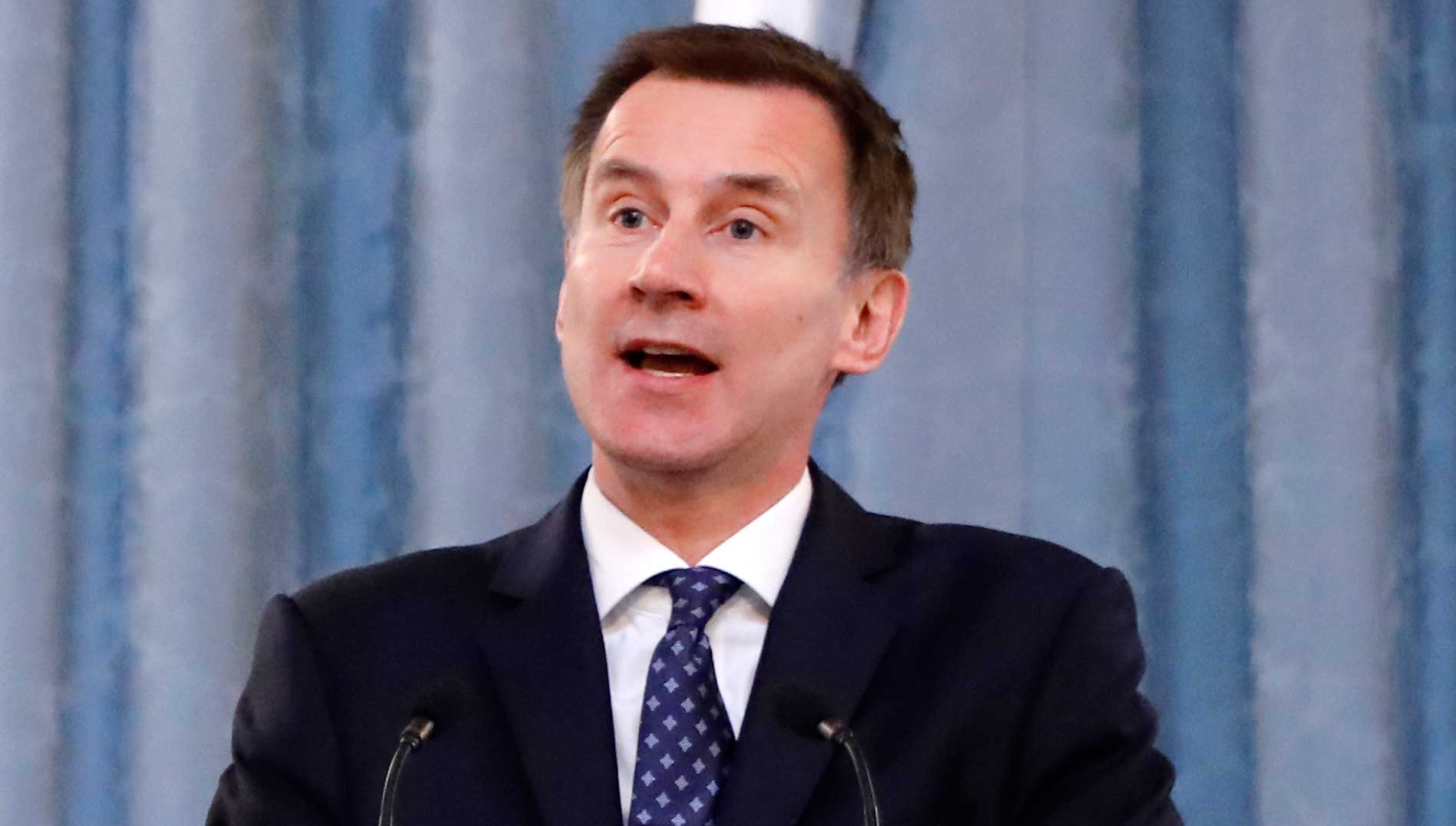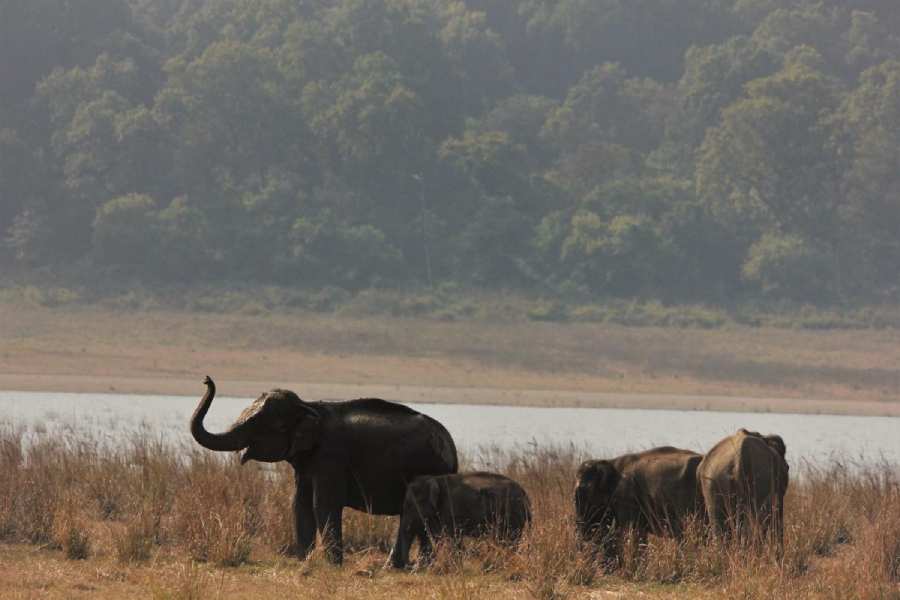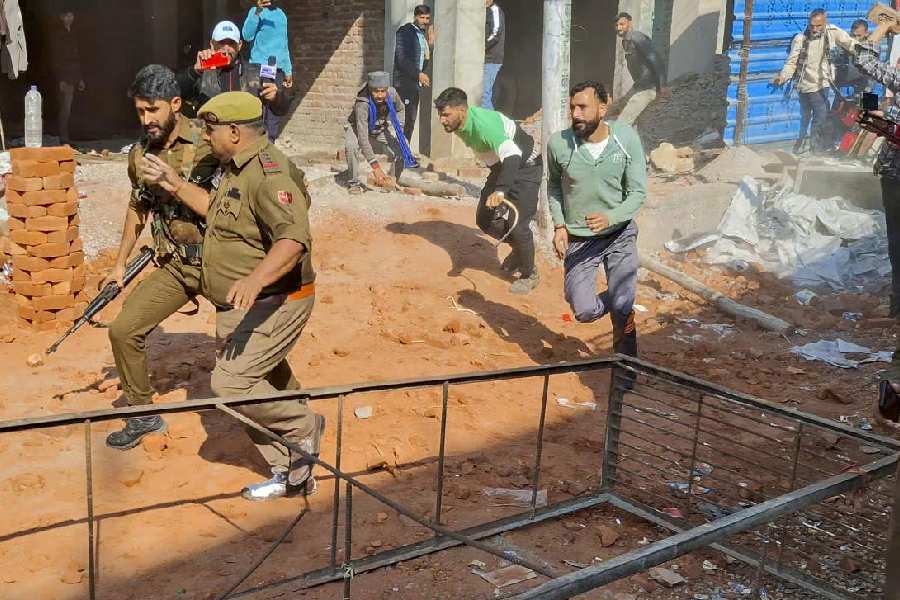British foreign secretary Jeremy Hunt has publicly named and shamed India over allegedly not doing enough to curb the persecution of Christians.
Hunt’s condemnation of India was couched in a “more in sorrow than in anger” tone when he said: “We know that there are serious and growing issues in China. And also in countries where we might have hoped there wouldn’t be a serious issue, like India, we know that this is becoming a much bigger issue.”
He called a meeting at the foreign office in London on Wednesday where he provided details of the new British government policy announced at the end of last year of standing “shoulder to shoulder” with an estimated 250,000 persecuted Christians in countries around the world.
Hunt said he wanted “to banish any hesitation to look into this issue without fear or favour that may exist because of our imperial history, because of the concerns that some people might have in linking the activities of missionaries in the nineteenth century to misguided imperialism. And all those concerns may have led to a hesitation to really look at this issue properly, and we don’t want that to happen.”
Also present at the packed meeting was the bishop of Truro, the Right Reverend Philip Mounstephen, who has been appointed to report to Hunt by Easter with recommendations on robust practical steps Britain should take in defence of Christians.
The bishop backed up Hunt: “This is not about special pleading for Christians but making up a significant deficit. There is a sense, for a number of reasons which the foreign secretary has highlighted — those reasons would certainly include post-colonial guilt — why we have been blind to this issue.”
Hunt, who is a much more cautious politician compared with his predecessor, Boris Johnson, would have thought carefully and taken advice, possibly from the high commission in Delhi, before choosing to name India in so public a forum — and that, too, in the run-up to the general election in India.
Hunt will have been made all too aware his words will not please Narendra Modi, his senior ministers and the Hinduvta movement in India.
On India, the foreign office tries not to put a foot wrong. Last year it was of the opinion that Modi’s return to power was assured. Whether it still takes this view is not known.
Hunt began by recalling: “Last Sunday, many people here will have been going to church, as indeed was the case in the Philippines at the Cathedral of Our Lady of Mount Carmel in the Southern Philippines. And in the middle of that service, a bomb exploded and 20 people were killed and the perpetrators then issued a statement labelling the cathedral as a ‘crusader temple’.
“And this was a very vivid reminder of the terrible truth that freedom of worship is something that cannot only not be taken for granted, but is a growing concern all over the world.”
“And what happened in the Philippines has happened in Egypt. …we know that a number of the countries where this happens are countries that we don’t necessarily talk about. Countries like Afghanistan, Somalia, Sudan, Libya, North Korea, but also in some of the bigger countries.”
One idea is for the UK to try and “build an international coalition of countries that are concerned about this”.
He made it clear that the Christians “who are suffering are some of the poorest people on the planet and they happen to have the faith that I have, that many people here have, and they happen to be suffering very badly for it…. because the evidence is that 80 per cent of all the people who are suffering religious persecution are Christian”.
He went on: “We wanted to do this not just because freedom of worship is a fundamental human right, but because also freedom of worship is the invisible line between open societies and closed societies.
“Where freedom of worship is hampered or prevented, then usually that’s a sign of lots of other things going wrong, and we wanted to make sure that the UK is doing everything to champion the values that we all believe in.”











